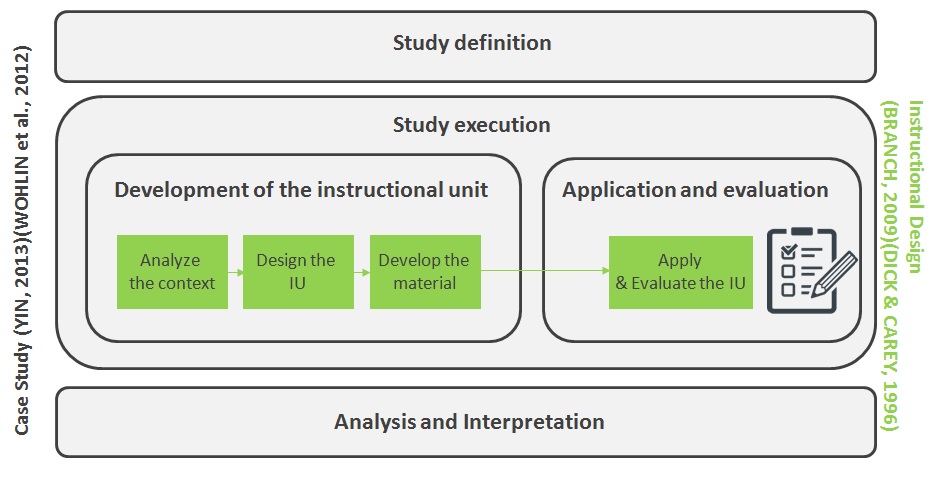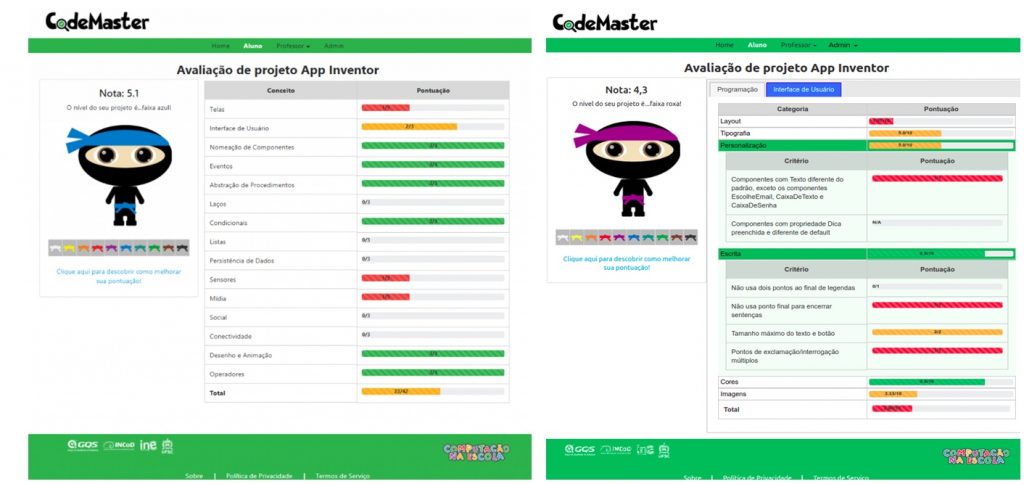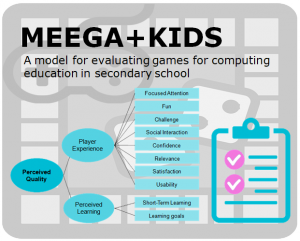Research
The initiative Computação na Escola (Computing at School) aims at designing, developing, applying and evaluating interdisciplinary, low-budget instructional units for teaching computing in K-12 either in form of school units, young tutor programs, family workshops or online courses learn basic computing concepts and practices.
Development of instructional units
Our instructional units are designed to integrate computing education (computational thinking and programming and related areas) in an interdisciplinary approach into diverse disciplines (e.g., History, Languages, Geography) by either developing games with Scratch, apps with App Inventor or intelligent solutions with Machine Learning.
By integrating computing education into diverse areas (arts, social studies) we aim at fostering motivation and interest into this area (especially for girls). And keeping the cost low, we aim at maximizing the applicability of the proposed units also in public schools in Brazil.
For our research we follow an empirical approach based on case studies systematically developing, applying and evaluating instructional units.

Our research group is composed of a multi-disciplinary team involving faculty members, graduate and undergraduate students from UFSC – Federal University of Santa Catarina and IFSC – Federal Institute of Santa Catarina.
Assessment of learning and instrucional units
Another focus of our research is aimed at assessing student learning in computing education as well as the quality of instructional units to systematically identify strengths and opportunities for improvement.
- CodeMaster for the automated assessment of App Inventor and SNAP! projects with respect to diverse concepts, such as algorithms and programming, user interface design and visual aesthetics.

- dETECT for the evaluation of Instructional Units for Teaching Computing in Middle School
- MEEGA+KIDS for the evaluation of games for teaching computing in secondary schools

-
SCORE for the self-assessment of creativity of the student in the context of computing education in K-12
- bASES21 for the self-assessment of 21st century skills in the context of computing education in K-12
Interested in to know more about our research?
Check out our publications here.






